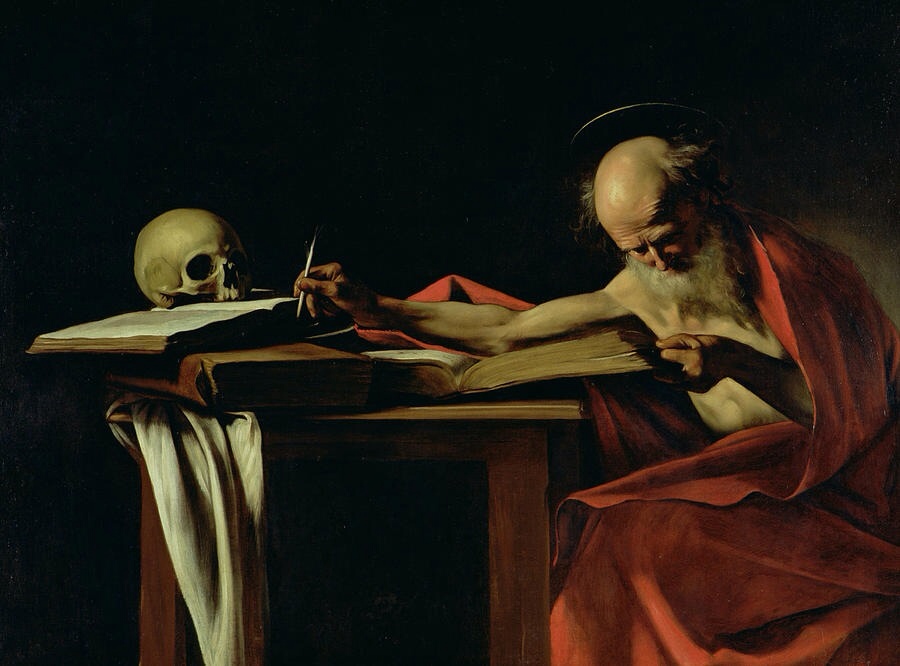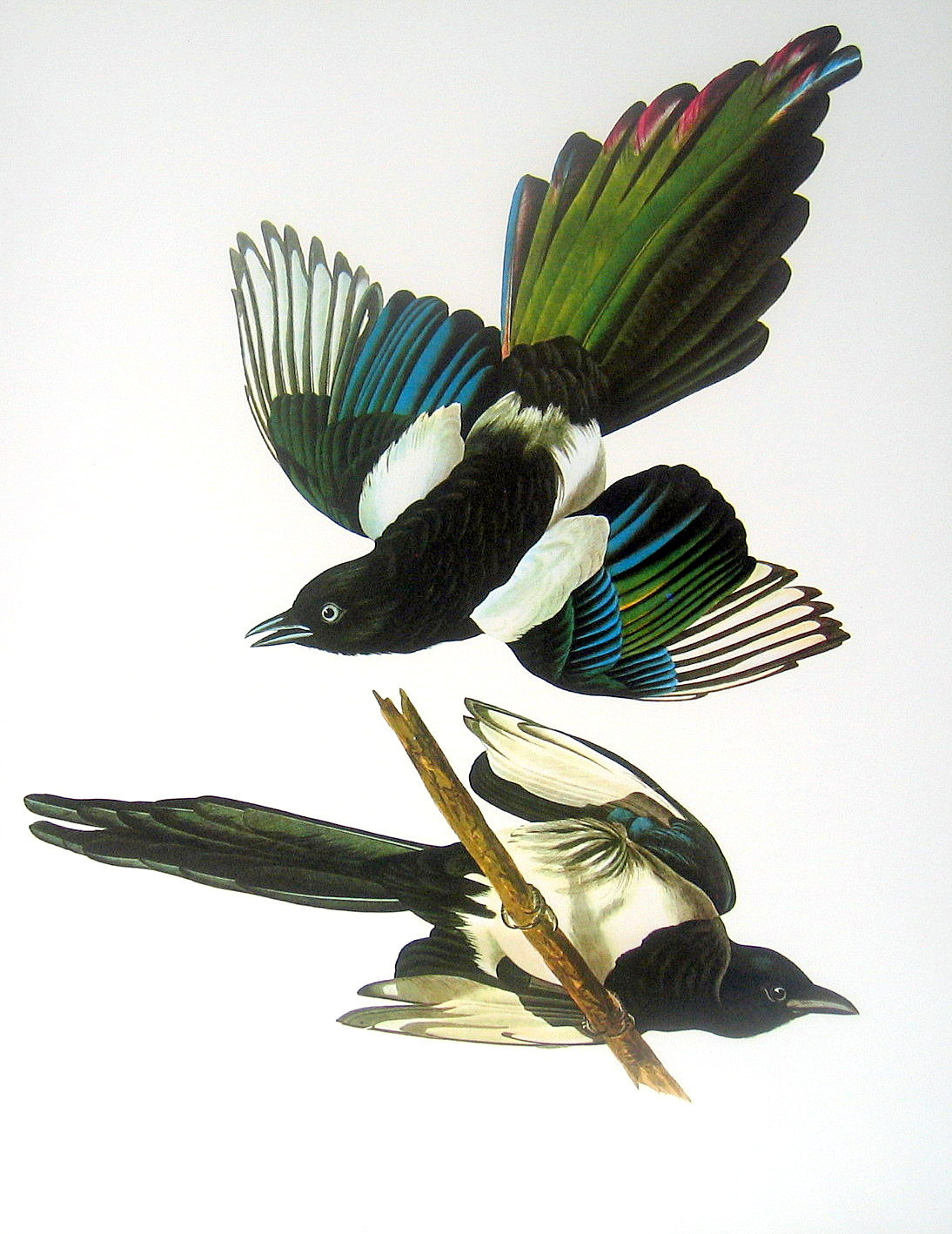Across the trough o’ th’ mighty Hudson River at
Poughkeepsie, New York, there’s a cantilever bridge
of steel, connected to a walkway rail trail that
makes its two thousand meter trek in standard gauge,
the world’s longest elevated public park,
trestled by-little-water-place-reed-covered-lodge.
On solid footings, trussed, it passes through the dark
or light, in day or night, without a bough or thought;
and though it seems so rough, so crass, so hard and stark,
it had a true utility, that came from nought
in 1889 when it came, like a bat,
and flew out black and wide and frighteningly hot.
Featured Image: Looking northwest at Poughkeepsie Railroad Bridge from Waryas Park (Wikimedia Commons)

















Thanks for the poem, Alec! I will make out there soon enough.
Comments on Poughkeepsie Railroad Bridge by Alec Subre Wide
By Lew Icarus Bede
Sometimes the raison d’etre of a poem, that is, what causes it to come into being, can be the smallest thing, even, at times, unrelated to the poem’s imagery or themes. I’m not sure what caused Alec Subre Wide’s poem to come into existence; but I can see, from the evidence of the poem, there are some fairly mundane issues Wide was working on in his composition.
Wide’s poem is on an actual, architecturally-designed structure at a real place; and that seems to be an important part of his poem’s meaning and its message. The setting’s on the Hudson River at Poughkeepsie, New York. The bridge is cantilever. It has been turned into “the world’s longest elevated public park, trestled by-little-water-place-reed-covered-lodge,” that is, I take it to be the meaning of the Indian name—Poughkeepsie—which coincidentally links neatly to the diction Wide is using: blunt, straight-forward, and matter-of-fact [All of his rhymes are monosyllabic.]. That appeals to me.
In addition to the interesting facts Wide utilizes, including the year of the train, he seems to be playing around with sounds. Now that’s not surprising for poets; however, one of the things Wide seems to be playing around with is investigating the varied sounds of ough. I count no less than half a dozen: Poughkeepsie, trough, through, bough, thought, though, and rough. Other, more typical, sound-plays include the rhyme scheme ababcbcdcdad and the overt internal rhyme in line 3 rail/trail.
Finally, what does one make of the simile in line 11? I would say, not much. It is not as remarkable as those used by Postmodernist Roethke in The Bat, or Realist Dickinson in I Like to See It Lap the Miles. It is too brief. And yet interestingly, all the adjectives veering towards adverbs in the simile are monosyllabic, in conformity with the diction, and one of them is the New Millennialist poet’s name—Wide.